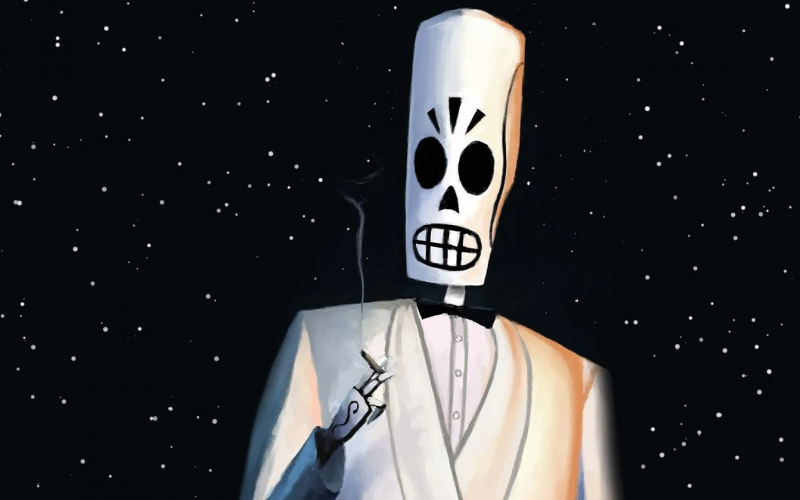It has been a few weeks but I am now starting a new unit which is titled Indie Game Start Up. I attended last night’s seminar (Lobb and Rubino, 2021.), the first seminar of this unit and essentially, we need to set up a mock game business, develop a prototype for an indie game and a business plan for said indie game.
This unit seems as though it is going to have a similar layout to the Development Practice module in that the materials and relevant assignments are staggered week by week.
Just to develop my own understanding, I am going to write about each assignment for this unit and my understanding of it. According to Canvas, there are basically 3 in total.
Business plan
This is a document which goes through in detail how the business plan for the game will work and how I intend to market the game. The plan looks as though it will be split into 7 sections, as specified below.

I will need to show that I carried out thorough research in different sections and use it to justify each of my decisions.
I am anxious about this as I have never done this before and this is not my area of expertise. The reason for this, as narrow-minded as it sounds, is the simple truth that I am an artist and not a business person. I will, however, carry this out to the best of my ability.
Our tutors, as well as the materials on Canvas, indicate that the weekly assignments will directly connect to this business plan and help us to write this up. I really hope this is the case.
Proof of Concept
This is proof of the concept I have devised for my indie game. This will consist of a prototype of the game, a trailer for the game, marketing materials and a pitch deck.
This genuinely seems like a lot. Going to be difficult to produce something of a respectable standard alongside working full time.
Again, the materials on Canvas indicate that the weekly assignments will directly connect to this part of the project. I hope this is the case.
Supporting Innovation Materials
I was puzzled by this name and also the description but after a few reads, I gauged that it is essentially just the step by step documentation of my contribution to this project – essentially this blog.
What will I do?
I have the option of either working solo or within a team for this project. I am still contemplating which one I should do. I would be happy working solo but I would consider working with either one other person or in a very small team.
As for the game I will develop, I do not have any concrete ideas as yet, but my first thoughts are to make a point and click adventure. This is perhaps because I have been inspired by games I have recently played that have been point and clicks, such as the remastered version of Grim Fandango (Grim Fandango Remastered, 2015), hence the picture above. I am also considering marketing my game in an episodic format (Akins, 2021), similar to games such as Life Is Strange (Life Is Strange, 2015) or the game adaptation of The Walking Dead (The Walking Dead, 2012).
While I do need to do my research on these to ensure that this would be a viable concept for an indie game business project, my first thoughts on this are that an episodic point and click adventure would allow me to work to my strengths within the next 12 weeks, namely my 2D and 3D art skills, but I am also keen to create something is narrative driven.
As I am considering marketing an episodic game, I believe this would allow me to keep the story fairly loose and an opportunity to work out various aspects of the plot in more detail. It would mean that I can work out the direction the story takes, even if the finished artefact that I create does not necessarily incorporate the whole story. Releasing the first episode or at least the part of the first episode would also help me to gauge whether the story and concept as a whole are strong enough to carry an entire game series. This would also be helpful in carrying out market research with test audiences, as I found in the last unit.
To help me develop an idea, I have decided to do a course on Linkedin Learning about the foundations of game design (Romero, B., 2017).
References
Akins, B., 2021. Best Games With Multiple Episodes Like Life Is Strange. [online] TheGamer. Available at: <https://www.thegamer.com/best-episodic-games/> [Accessed 24 September 2021].
2015. Grim Fandango Remastered. San Francisco: Double Fine Productions.
2015. Life Is Strange. Tokyo: Square Enix.
Lobb, I. and Rubino, G., 2021. Weekly webinar – 23rd September 2021.
Romero, B., 2017. Game Design Foundations: 1 Ideas, Core Loops, and Goals | LinkedIn Learning, formerly Lynda.com. [online] LinkedIn Learning. Available at: https://www.linkedin.com/learning/game-design-foundations-1-ideas-core-loops-and-goals/ [Accessed 24 September 2021].
2012. The Walking Dead. San Rafael: Telltale Games.
